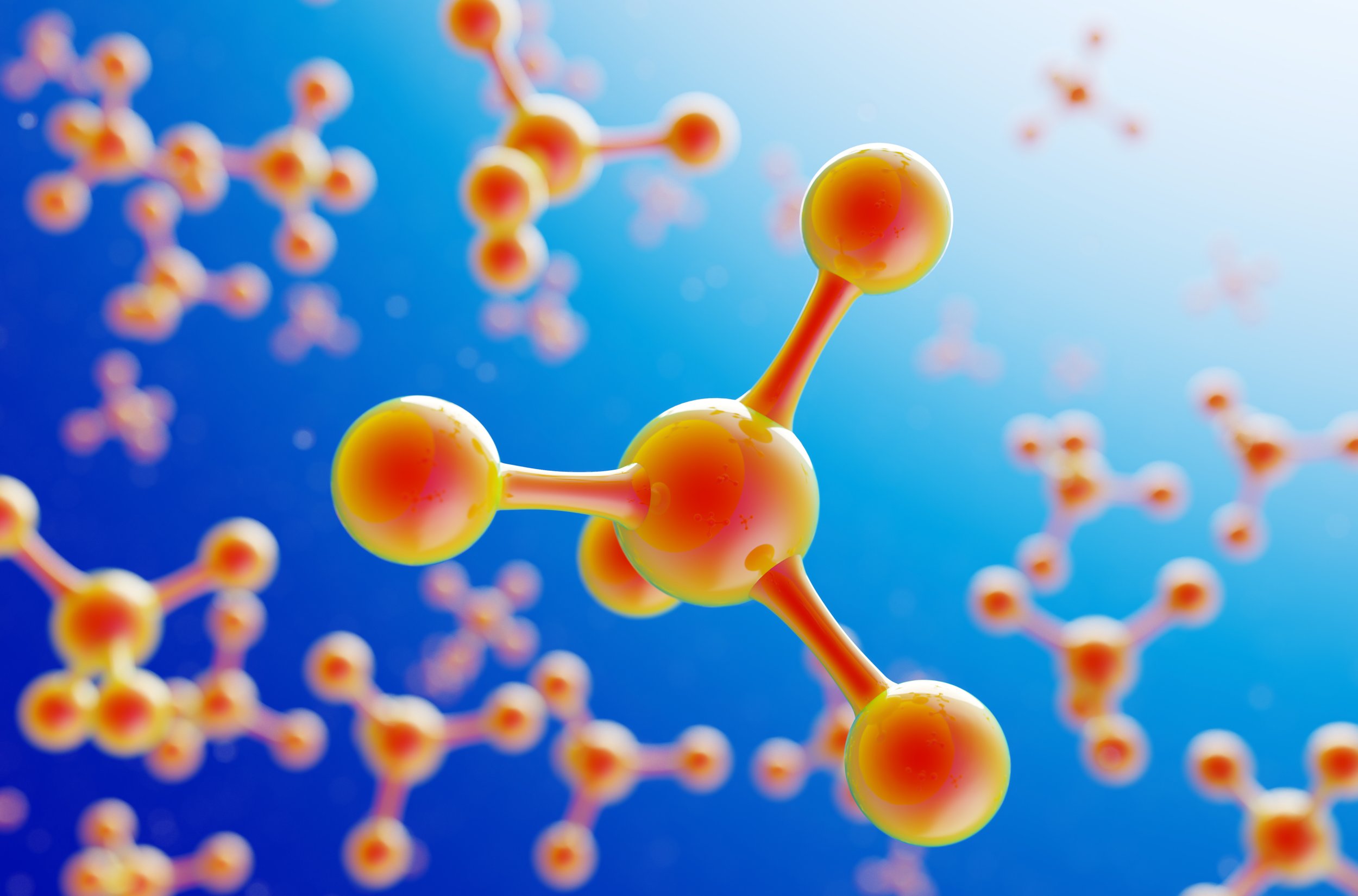Introduction to Permeation
Permeation is the ability for one thing to move through, or permeate, another. Typically we are interested in permeation in two cases. One is when we’re trying to deliver something with as little loss as possible (minimizing permeability). The other is when we wish to filter for specific things (setting up conditional permeability).
As an example: if you're transporting gas along a plastic pipe, the permeability of that pipe would be important both for the gasoline’s liquid form, but also its gaseous fumes that may naturally seek to escape the pipe. If it was impermeable to gas in a liquid form but very permeable to its gaseous emissions then you’d run the risk of leaking gas into the atmosphere, or of loss when the liquid is disturbed and transforms to a gaseous state. However, releasing some of those gasses when the pressure gets high might be desirable. Certainly, you don’t want the pressure of your gas container elevating to dangerous levels! All around the world, in a variety of industries from oil and gas to medical devices, polymers are evaluated and selected based on their ability to control permeability to undesired elements. These can be barrier films in foods, piping layers for fuel or special liquids in cars or planes, among many other examples.
You could consider conditional permeability as comparable to filtration, which is a commonplace process all around us. Allowing certain things through a barrier but holding back others. Often, this is a mechanical process based on molecule size, density, temperature or other means of separation. And even if you don’t want any permeation, under strenuous conditions the nature of semi-permeable barriers can change significantly. And the more a material is stressed by heat and pressure the more permeation occurs. As such it’s deeply important to know your materials resistance to pressure, heat, and permeation so you can pick a material that can do the job for the right price and for as long as possible while minimizing the risk of breakage or leakage.
These sorts of differences can be the critical margins on which a process or a part or a machine succeeds or fails. And that kind of material science is fundamental to the expertise that polymer manufacturers and polymer chemists bring to specialty applications. In the articles that follow this introduction, we’ll look into more depth at how Nylon is used in the manufacture of hoses, nylon films, and how those nylon polymers are used in the transportation of fuels and other specialty materials (liquid or gas). In doing so perhaps we can help demonstrate why selecting the right polymer - and in selecting the right nylon - is critical for many jobs!
About NYCOA
NYCOA (the Nylon Corporation of America) commercially manufactures many grades of specialty engineered nylon, including nylon 6, nylon copolymers, filled and super-tough grades, nylon 6,10 and 6,12, and unique long-chain polyamide family NXTamid , and our unique flexible PEBA Nylon Ny-Flex. All NYCOA products are made in the USA, manufactured in our ISO plant located in Manchester, NH. NYCOA is dedicated to plastics engineering, plastics innovation, and a consistent quality earned through operational excellence. NYCOA is dedicated to its customers, and produces specialty engineered polymers for industries and partners around the world, and has plastics compounding capabilities to produce a variety of reinforced grades.
Nylon manufactures for many industries and applications, including fasteners, hook and loop, extruded parts, injection molding, athletic accessories, military and transportation applications, foamed components, monofilament, powders, and wire and cable jacketing.
Interested in a sample of our specialty nylon grades, or more information about their chemical resistance and permeability properties? CONTACT US
Contact:
333 Sundial Ave.
Manchester, NH 03103-7230
Tel: 603.627.5150
Fax: 603.627.4499

